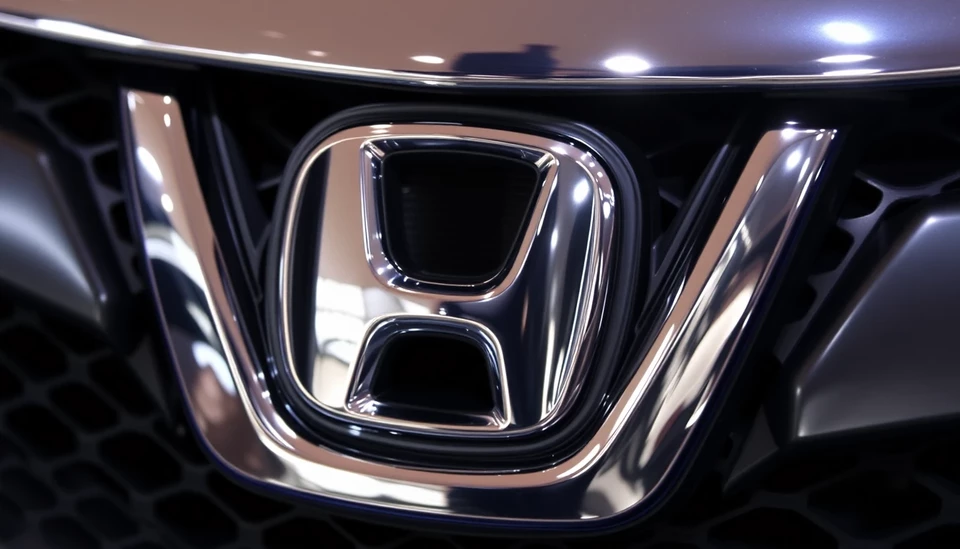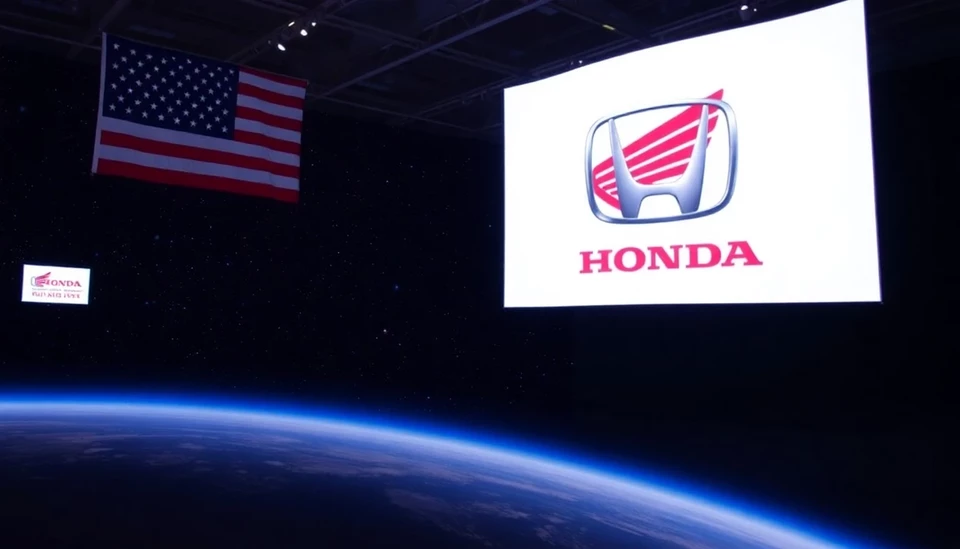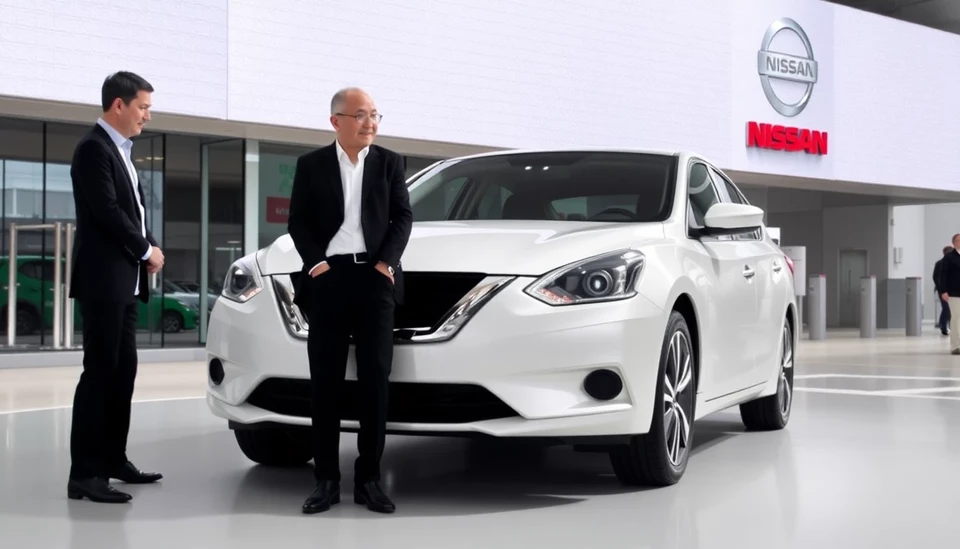
In an anticipated yet disheartening turn of events, both Honda Motor Co. and Nissan Motor Co. have posted disappointing financial results that cast doubt on their recent collaborative efforts. These developments, emerging during a critical phase for both manufacturers, shed light on deep-rooted challenges facing each automaker while raising questions about the viability of their potential future deals.
Honda reported a significant drop in quarterly profits, marking a concerning trend that has persisted for several quarters. The Japanese automaker attributed this decline to increasing costs and supply chain disruptions that have affected production. Analysts had previously speculated about Honda’s strong market position, but the looming fiscal challenges suggest that recovery might not be as straightforward as anticipated.
Nissan, on the other hand, also revealed a stark decline in profits, compounding concerns about the ongoing restructuring process that the company is undergoing. In the wake of previous leadership changes and strategic pivots, the latest earnings figures illustrate a company struggling to regain its footing. The fallout is particularly alarming given Nissan's ambitious plans to expand its electric vehicle lineup, which has seen delays and complications as demand for EVs grows amid global pressures for sustainability.
The timing of these results is particularly sensitive, as both companies had been exploring a more extensive collaboration to counteract the volatility in the automotive industry. However, the latest figures signal that cracks may be beginning to form in this potential partnership. Analysts warn that without substantial improvements, these ongoing financial woes could impede any significant deals from going forward.
Industry experts are concerned about the implications of these results not just for Honda and Nissan, but for the broader automotive sector, which is navigating a rapidly evolving landscape shaped by changes in consumer preferences and regulatory pressures. Both companies now find themselves at a crossroads: they must reassess their strategies and identify whether collaboration is indeed the key to survival or merely a distraction from the urgent reforms needed within their operations.
The persistent challenges confronting Honda and Nissan illustrate the harsh realities of the automotive industry today. With a combination of external pressures from competition and internal struggles linked to profitability and strategy, stakeholders will be watching closely to see how these two giants navigate the murky waters ahead.
In summary, the disappointing performance reports from Honda and Nissan highlight significant flaws in their operations and strategies. The ongoing challenges faced by both automakers may jeopardize any potential partnerships, reinforcing the notion that the industry must adapt rapidly to survive in the current economic climate.
As events unfold, the automotive world will be keenly observing how these companies address their respective issues and whether they can forge ahead decisively or succumb to the pressures of an evolving market.
#Honda #Nissan #AutomotiveIndustry #FinancialResults #ElectricVehicles #Collaboration #MarketChallenges
Author: Victoria Adams




